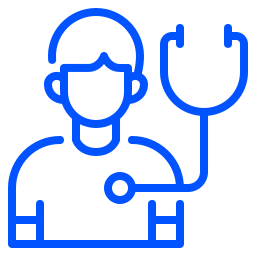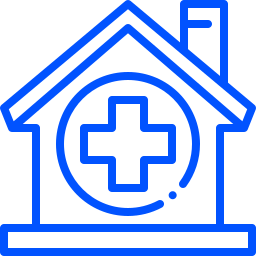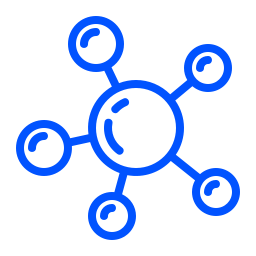Why Participate
- Home
- Why Participate
Benefits Of Participating In Clinical Research

Help Bring Life-saving Medications To Patients

Improve Your Own Health, Learn About Conditions

Participate In Studies Without Leaving Home

Be The First To Benefit From A New Method

Close Monitoring & Care From A Team Of Doctors

Get Access To Promising New Treatments
To take participate in clinical research, it is important to understand what it is and how it impacts you and your community
What is clinical trial?
A clinical trial is a type of medical research where new drugs, devices or procedures are studied on willing volunteers (participants), to evaluate their effectiveness in the prevention, screening, diagnosis, or treatment of diseases, prior to being available to the general public.
Clinical trial of drugs and devices begins with extensive laboratory research involve experiments in animals and human cells often lasting years. Only If the initial laboratory research is successful, data is sent to the Food and Drug Administration (FDA) for approval to continue research and testing in humans.
Once approved, human testing of experimental drugs and devices can begin and is typically conducted in four phases. Each phase is considered a separate trial. On completion of each phase, investigators are required to submit their data for approval from the FDA before continuing to the next phase.

Phases of Human Clinical Trials
Phase I studies assess the safety of a drug or device. This initial phase of testing usually includes a small number of healthy volunteers (20 to 100), who are generally paid for participating in the study and can take several months to complete.
Phase II studies test the efficacy of a drug or device. This second phase of testing can last from several months to two years and involves up to several hundred patients. Most phase II studies are randomized trials where one group of patients receives the experimental drug, while a second “control” group receives a standard treatment or placebo. Often these studies are “blinded” which means that neither the patients nor the researchers know who has received the experimental drug.
Phase III studies involve randomized and blind testing in several hundred to several thousand patients. This phase can last several years, provides the pharmaceutical company and the FDA with a more thorough understanding of the effectiveness of the drug or device, the benefits and the range of possible adverse reactions. Once Phase III is complete, a pharmaceutical company can request FDA approval for marketing the drug.
Phase IV studies, often called the “Post Marketing Surveillance” Trials, these are conducted after a drug or device has been approved for consumer sale. Pharmaceutical companies can compare a drug with other drugs already in the market; monitor a drug’s long-term effectiveness and impact on a patient’s quality of life; determine the cost-effectiveness of a drug therapy relative to other traditional and new therapies.
Benefits of Clinical Research
- Access to advanced medical care, new medications, and treatments not yet commercially available at no charge
- Play an active role in your own health care and receive medical care by licensed professional at no charge
- Help others by contributing to medical discoveries and scientific developments
- Help others by contributing to medical research
- Get reimbursed for your time and expenses
- NO Health insurance required.
Why join NexGen Research
We carry out our clinical studies under strict guidelines and very close supervision by the Food and Drug Administration (FDA), while the participants are monitored for their well-being by our seasoned site physicians. Participants can come to discover new knowledge about their conditions, obtain diagnostic labs and tests at no cost, and contribute data to the research to help advance medicine. Participants often get compensated for time and efforts dedicated to participation. Our trial-experienced physicians and staff ensure the safety and comfort of our participants and adhere strictly to the Code of Federal Regulations (CFR), Good Clinical Practice (GCP) and The Health Insurance Portability and Accountability Act of 1996 (HIPAA).
